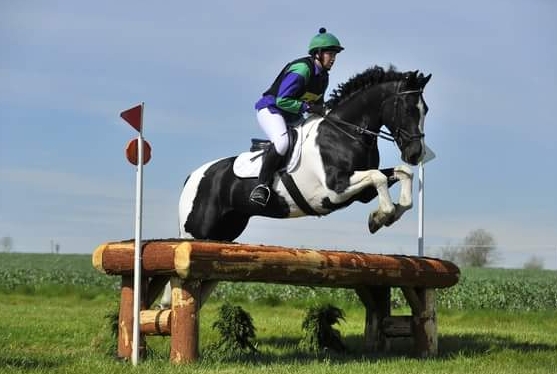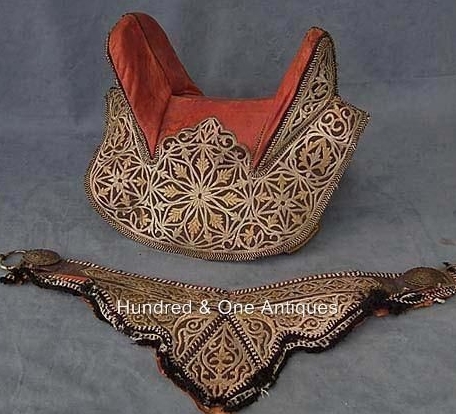Eventing Horse: A Beautiful Partnership Between Horse and Rider
Eventing is a captivating equestrian discipline that combines dressage, show jumping, and cross-country riding. It brings out the best in both horse and rider, showcasing their training, athletic ability, and teamwork. Understanding the intricacies of eventing horses can help enthusiasts appreciate these majestic animals while providing valuable insights for aspiring riders.
The Essentials of Eventing Horses
Eventing horses are specially trained to handle a variety of challenges across three distinct phases: dressage, cross-country, and show jumping. Each phase requires different skills and attributes. For instance, during the dressage segment, precision and grace are essential; horses must perform movements that demonstrate their training and responsiveness. On the other hand, cross-country demands stamina and bravery as the horse navigates a series of natural obstacles over diverse terrain. Show jumping tests their agility and ability to clear fences under pressure. Ideally, an eventing horse should possess a balance of athleticism, intelligence, and a calm demeanor to excel in all these phases.
Choosing the Right Breed
Not all horse breeds are suited for eventing; particular breeds tend to perform better due to their natural talents and traits. Many eventing enthusiasts lean towards Warmbloods, Thoroughbreds, and Irish Sport Horses, as these breeds often exhibit a blend of strength, speed, and trainability necessary for success in the sport. Warmbloods, for example, are known for their calm nature and athleticism, making them excellent competitors in dressage and jumping. Thoroughbreds bring a competitive spirit and speed, particularly in cross-country events. It’s essential to consider both the horse’s physical attributes and temperament when selecting an eventing partner to ensure a harmonious and successful partnership.
Training and Care for Eventing Horses
Proper training and care are pivotal in preparing an eventing horse for competition. Training should include a balanced regimen that focuses on building strength, endurance, and skill. Regular exposure to all three phases of eventing helps the horse become well-rounded and confident. Additionally, care should not be overlooked; a nutritious diet, routine veterinary check-ups, and adequate rest are crucial for keeping the horse in peak condition. Establishing a solid bond based on trust and communication between horse and rider will enhance performance and enjoyment of the sport.
In Conclusion
Eventing horses represent the ultimate partnership in equestrian sport—one built on trust, training, and mutual respect. Whether you are an avid rider or simply an admirer of these magnificent animals, understanding the world of eventing horses enhances your appreciation for their skills and the dedication required to excel. If you’re eager to dive deeper into this fascinating discipline, consider attending an event, taking lessons, or simply spending time with horses. The experience will surely enrich your life!



